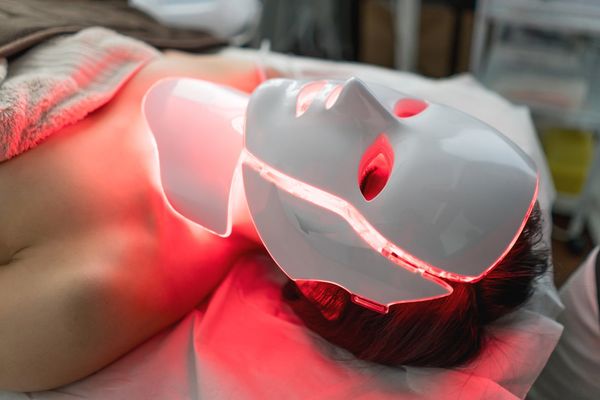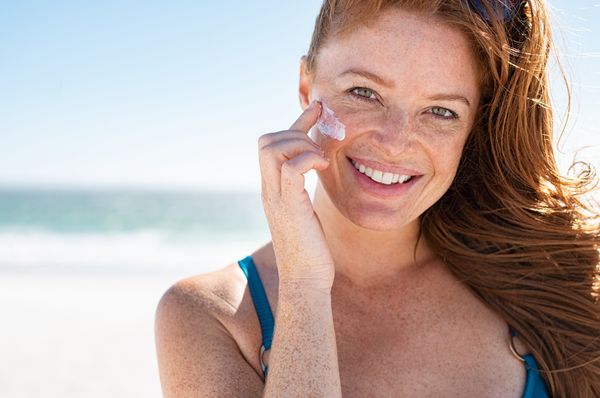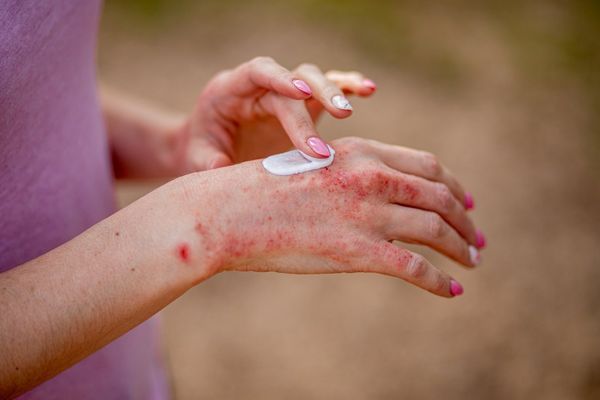By guest blogger: Eucerin Skin First Council Member Dr. Rajesh Balkrishnan, PhD
At any given time, one out of every three people in the United States is suffering from a skin disease. Whether it is as minor as dry skin or mild acne or as serious as psoriasis or skin complications related to diabetes, skin diseases take a hefty financial toll of $39.3 billion per year in medical services and lost productivity.
Another $20 billion is estimated to be lost in intangible costs, such as lost productivity, depression and a diminished quality of life. From 1987 to 2000, spending rose more for skin disease than it did for diabetes, stroke or cancer!
These figures, although shocking at first glance, are not surprising when you realize even healthy skin is constantly under attack from ultraviolet light, pollution and temperature changes that can weaken the skin’s protective barrier, affecting our overall health. The more people focus on protecting their skin, the more they can avoid treating skin issues.
In fact, it is estimated that if you care for your skin over your lifetime, you could eventually save anywhere from a few hundred thousand dollars to a million dollars. This number may seem high, but it includes both direct and indirect costs, such as lost productivity, calculated from the point you become a productive member of society and lasting throughout your lifetime.
Curtailing the expense of skin disease and skin conditions is surprisingly easy if you start young and are consistent. You need to start taking care of your skin as early as your teens, the age when you become responsible for your personal health. Use products with SPF factors, avoid sun damage and make sure the skin is correctly hydrated and moisturized. Also, make sure that skin is reasonably clean and free from bacterial infections. Drinking the recommended daily allowance of water and exercising to sweat out toxins can also help lower the eventual high cost of skin care.
Taking care of your skin and using preventative measures to help support its function are among the most important concerns for your overall health, and, in turn, your overall budget.
Dr. Rajesh Balkrishnan directs the center for Medication Use, Policy and Economics at the University of Michigan. Dr. Balkrishnan’s research generally focuses on the application of statistical methodology in examining issues related to the effectiveness of medical care delivery. He is a valued member of the Eucerin Skin First Council.







